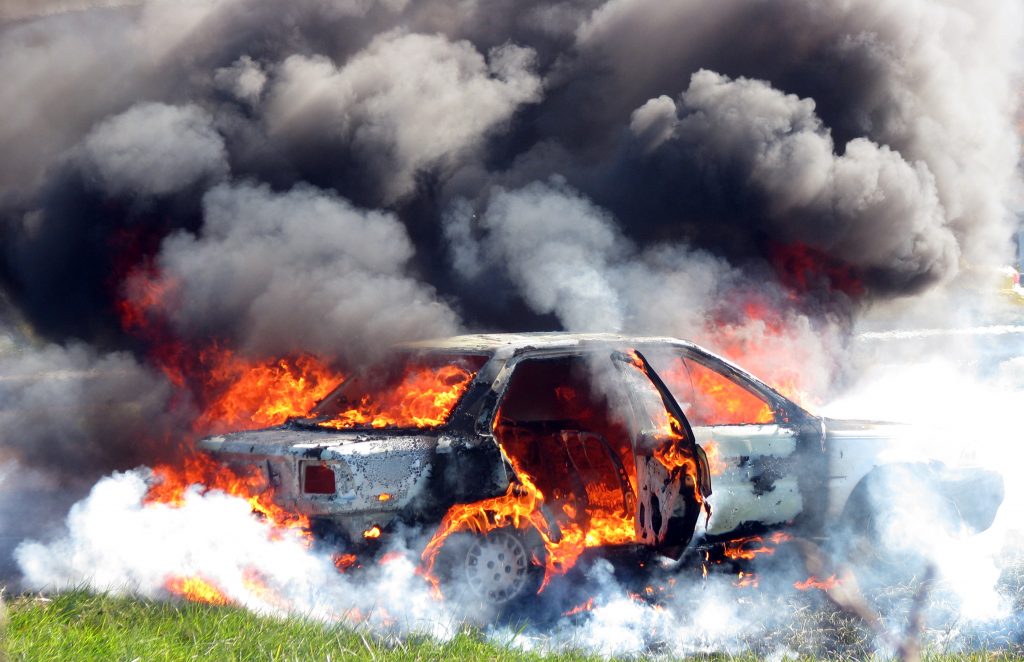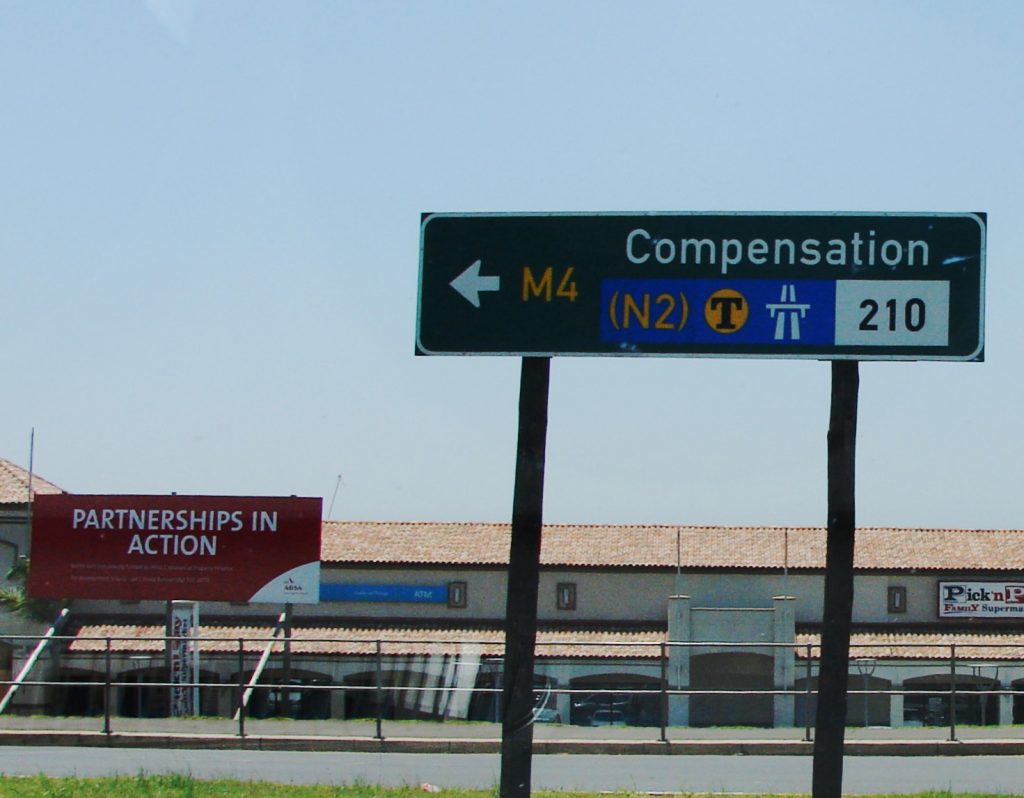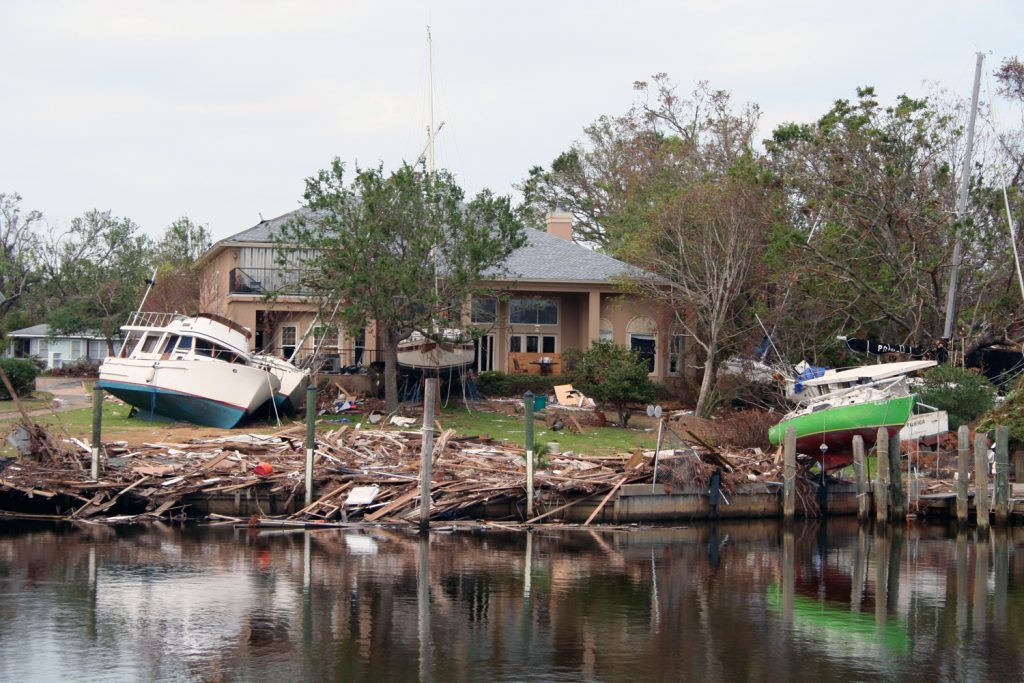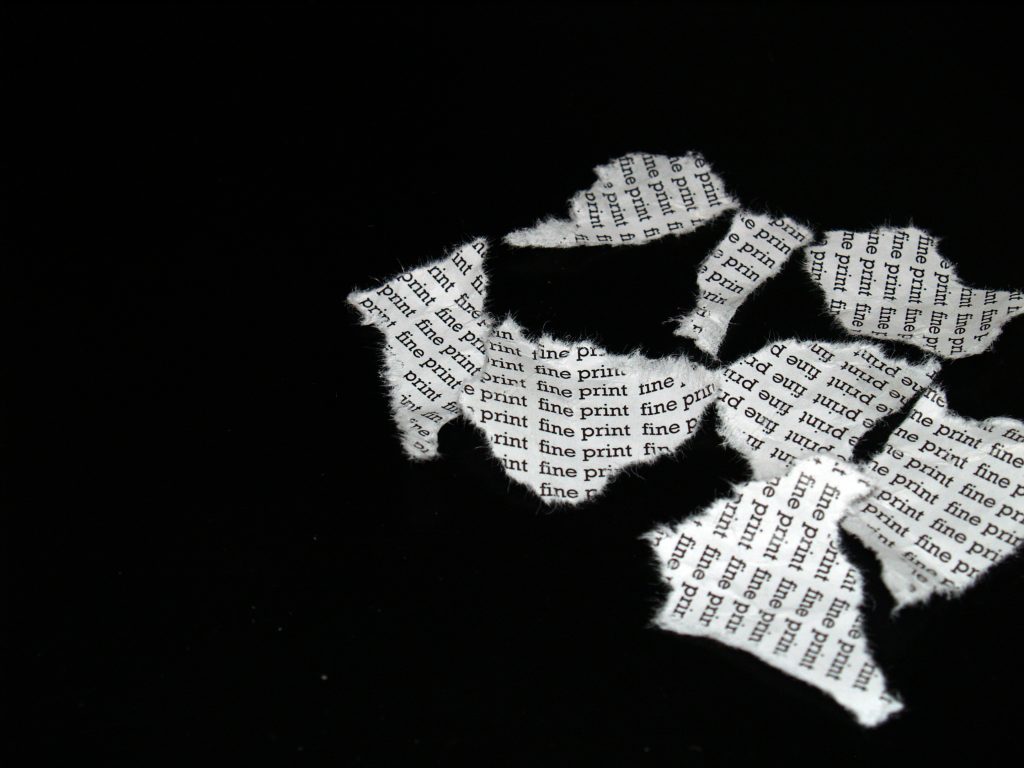 When employees are fired they can often be entitled to benefits upon termination; including money payments to act as a substitute salary while the terminated employee searches for another job. While there is no federal requirement in the United States for an employer to offer severance pay, many do as it can be an attractive benefit to potential employees. Many employers choose to adopt a plan that falls under the Employee Retirement Income Security Act (“ERISA”). Employers can get tripped up however when they fail to support a denial of severance pay by substantial evidence.
When employees are fired they can often be entitled to benefits upon termination; including money payments to act as a substitute salary while the terminated employee searches for another job. While there is no federal requirement in the United States for an employer to offer severance pay, many do as it can be an attractive benefit to potential employees. Many employers choose to adopt a plan that falls under the Employee Retirement Income Security Act (“ERISA”). Employers can get tripped up however when they fail to support a denial of severance pay by substantial evidence.
In this case, Mr. Napoli was denied severance pay because the company he worked for claimed that he was terminated for violating company policies. Mr. Napoli was hired by Scios, Inc. in 2001 which was subsequently acquired in 2003 by Johnson and Johnson. He enrolled in the severance pay plan through Johnson and Johnson. After he was terminated, Mr. Napoli filed for severance pay and was initially told he was eligible. However, Johnson and Johnson later denied his claim asserting that Mr. Napoli committed a “Group 1 Violation” and that he made around $3,000 in wrongful charges to a corporate credit card. Mr. Napoli, in a wise move, hired an attorney who subsequently applied for severance pay again and requested additional information about why the claim was denied. Johnson and Johnson again denied the claim and included the provision of the severance agreement Mr.Napoli allegedly violated. Mr. Napoli appealed through the corporation’s internal procedures in 2012 and the claim was denied again.
Mr. Napoli filed a lawsuit in state court alleging that the company denied him benefits without just cause and that such an act violated ERISA. Johnson and Johnson responded by removing the case to federal court and counterclaiming for $3,000 in unauthorized credit card charges. The United States District Court for the Middle District of Louisiana agreed with Johnson and Johnson that the denial was based on a reasonable interpretation of the severance pay plan. Mr. Napoli appealed that decision to the United States Court of Appeals for the Fifth Circuit.
 Louisiana Personal Injury Lawyer Blog
Louisiana Personal Injury Lawyer Blog


 Russell and Tracy Varmall owned a home in Kenner, Louisiana. Their home sustained damages during Hurricane Isaac in 2012. The home was insured by Bankers Specialty Insurance Company (“Bankers”) for wind damage and New Hampshire Insurance Company for flood damage.
Russell and Tracy Varmall owned a home in Kenner, Louisiana. Their home sustained damages during Hurricane Isaac in 2012. The home was insured by Bankers Specialty Insurance Company (“Bankers”) for wind damage and New Hampshire Insurance Company for flood damage.  Louisiana has laws in place requiring drivers to carry car insurance. However, insurance policies are not uniform and some policies may contain ambiguities or be silent altogether on specific issues. The following case illustrates such a scenario.
Louisiana has laws in place requiring drivers to carry car insurance. However, insurance policies are not uniform and some policies may contain ambiguities or be silent altogether on specific issues. The following case illustrates such a scenario. When you let a friend borrow your car you probably don’t give much thought to who’s insurance policy would cover any potential accidents. Insurance policies contain many loopholes that can exclude coverage when an accident occurs. The following case out of Lafayette, discusses the problems that can arise when a friendly gesture turns into a legal nightmare for the parties involved.
When you let a friend borrow your car you probably don’t give much thought to who’s insurance policy would cover any potential accidents. Insurance policies contain many loopholes that can exclude coverage when an accident occurs. The following case out of Lafayette, discusses the problems that can arise when a friendly gesture turns into a legal nightmare for the parties involved. Peanuts and cracker jacks are two cornerstones of the game of baseball. However, surgery is not. Yet, when one little leaguer got struck by a baseball during practice, the league’s insurer tried to get out of picking up some of his medical bills. The Louisiana Third Circuit Court of Appeal, however, was not going to let the insurance company off so easily.
Peanuts and cracker jacks are two cornerstones of the game of baseball. However, surgery is not. Yet, when one little leaguer got struck by a baseball during practice, the league’s insurer tried to get out of picking up some of his medical bills. The Louisiana Third Circuit Court of Appeal, however, was not going to let the insurance company off so easily.  It’s always bad when you get injured. But it is even worse when you have no insurance coverage for that injury. Recently, a St. Tammany Parish man experienced both incidents when he was injured on the job and realized that his employers were not covered by workers’ compensation insurance.
It’s always bad when you get injured. But it is even worse when you have no insurance coverage for that injury. Recently, a St. Tammany Parish man experienced both incidents when he was injured on the job and realized that his employers were not covered by workers’ compensation insurance. The government owes a duty to its citizens to serve their best interests. But what happens when the government breaches that duty? Can we, as citizens, sue our government for perceived wrongs it has committed? Can we recover damages? This is an especially critical issue when it comes to a government’s responsibility to its citizens in times of natural disasters, as illustrated by the following case.
The government owes a duty to its citizens to serve their best interests. But what happens when the government breaches that duty? Can we, as citizens, sue our government for perceived wrongs it has committed? Can we recover damages? This is an especially critical issue when it comes to a government’s responsibility to its citizens in times of natural disasters, as illustrated by the following case.  Does your homeowner’s insurance policy include coverage for libel or slander? We all make inappropriate comments and write negative reviews online from time to time. But what if you are sued for something you say or write? In a recent case out of Caddo Parish, Louisiana a dentist learned that while your policy may extend coverage for negligent acts, the insurance company may not be so willing to come to your defense for intentional acts.
Does your homeowner’s insurance policy include coverage for libel or slander? We all make inappropriate comments and write negative reviews online from time to time. But what if you are sued for something you say or write? In a recent case out of Caddo Parish, Louisiana a dentist learned that while your policy may extend coverage for negligent acts, the insurance company may not be so willing to come to your defense for intentional acts.  One of the least know parts of a personal injury suit occurs after trial or settlement. It’s called subrogation. Subrogation is the reimbursement of third parties for payments made relating to an accident. Many times, a subrogation claim is made by the injured’s own vehicle insurance provider or by the injured’s own medical insurance provider. Embedded in many insurance contracts is a “subrogation waiver.” As the name suggests, a subrogation waiver in an insurance contract provides that one party agrees to waive its subrogation rights against another party in the event of a loss. Typically, this waiver takes the form of insurers agreeing to forego its ability to seek payment from third parties who may be responsible for losses the insurer had to pay to its insured. In a workers’ compensation context, such waivers would prevent an insurer from seeking compensation from a party who may have been responsible for an employee becoming injured. Absent such waiver, an insurer would have the ability to seek compensation for what it paid in benefits from the party responsible for the work injury.
One of the least know parts of a personal injury suit occurs after trial or settlement. It’s called subrogation. Subrogation is the reimbursement of third parties for payments made relating to an accident. Many times, a subrogation claim is made by the injured’s own vehicle insurance provider or by the injured’s own medical insurance provider. Embedded in many insurance contracts is a “subrogation waiver.” As the name suggests, a subrogation waiver in an insurance contract provides that one party agrees to waive its subrogation rights against another party in the event of a loss. Typically, this waiver takes the form of insurers agreeing to forego its ability to seek payment from third parties who may be responsible for losses the insurer had to pay to its insured. In a workers’ compensation context, such waivers would prevent an insurer from seeking compensation from a party who may have been responsible for an employee becoming injured. Absent such waiver, an insurer would have the ability to seek compensation for what it paid in benefits from the party responsible for the work injury. Inherent in most insurance contracts is an insurer’s duty to defend its insured against certain lawsuits. Part of this duty requires the insurer to pay for all legal costs and other fees related to a particular lawsuit. In a commercial general liability (“CGL”) context, business owners often rely on an insurer’s duty to defend in order to avoid paying significant legal fees for defending actions which would ultimately be covered by a CGL policy. As one might expect, whether this duty to defend exists depends on whether the loss alleged in a lawsuit is within the scope of the policy’s coverage. As a recent Louisiana Appellate Court illustrates, it is very important that insureds understand the language of their CGL policies so as to know when a duty to defend exists.
Inherent in most insurance contracts is an insurer’s duty to defend its insured against certain lawsuits. Part of this duty requires the insurer to pay for all legal costs and other fees related to a particular lawsuit. In a commercial general liability (“CGL”) context, business owners often rely on an insurer’s duty to defend in order to avoid paying significant legal fees for defending actions which would ultimately be covered by a CGL policy. As one might expect, whether this duty to defend exists depends on whether the loss alleged in a lawsuit is within the scope of the policy’s coverage. As a recent Louisiana Appellate Court illustrates, it is very important that insureds understand the language of their CGL policies so as to know when a duty to defend exists.